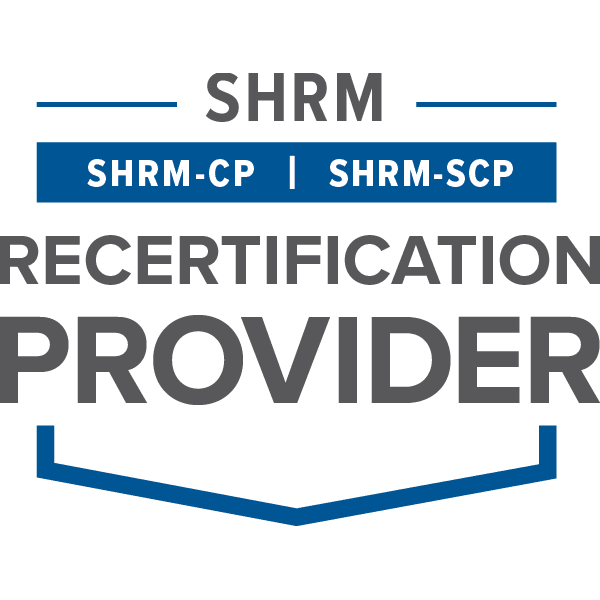Setting the Workforce Expectation in 2023
Throughout the past few years the workforce has seen dramatic shifts with employee retention and balancing a healthy work life balance. For years companies have been offering in person roles, standard personal time off plans, and a healthy salary to accommodate employer’s needs.
During the Covid-19 pandemic, the great resignation, allowed employees to take time to reevaluate their current role. During this time, we have seen an uptick in employees looking for a new career path, with a healthy work life balance, and remote and or hybrid roles.
As we move into the last few months of the 2022 calendar year, many employers have asked what we foresee the job market will bring for 2023.
As an employee of an organization, you can expect that your current company will implement new strategies to ensure retention, by providing career advancing and with upskill training programs, so that employees can leverage new skills in their positions or providing advancement with their current company. If companies are unable to provide opportunities for employees to grow within their current role retention rates will be very challenging over the course of the next year.
A recent study by Amazon and workplace intelligence shows that 83% of workers have chosen improving skills as a number one priority in the upcoming year. While also showing that 74% of current employees within an organization are willing to leave to their current role due to the lack of skill building opportunities and career advancement.
Companies that continue to offer hybrid and remote style work environments will continue to thrive during the 2023 year. Companies that are calling employees back into the office after working remote for the past two years are seeing a downturn in employee retention, as other companies continue the hybrid and remote setting.
Some organizations are pushing for opportunities within the metaverse. With a potential threat of an economic recession in the coming year, employees are wanting to decrease cost going to the office by staying in a remote / hybrid environment. This has also pushed companies to decrease their carbon footprint with employees commute or traveling into the office on a day-to-day basis.
James Ross, managing director of Hype Partners believes, that big technology firms are investing more into the hybrid and remote style of work by creating a VR/Hybrid work setting to help employees feel more connected in the virtual work environment at home. This platform intern has pushed for a more team-oriented environment, that will force employees to work together to achieve a common goal, instead of the more siloed approach taken in the past.
With current advances in technology with the Zoom and Microsoft Teams platform, employers will push to continue to work smarter by tapping into different areas of the country or world to utilize work force, while improving efficiency and work life balance of employees.
Cites:





